Use Private School Tax Breaks Cash to Cut Mental Health Waiting Lists and School Absences, says Labour

Labour’s Shadow Education Secretary Bridget Phillipson [TODAY] challenged the Conservatives to slash the number of children stuck on mental health waiting lists through access to mental health professionals in every school funded by ending private schools’ tax breaks.
Phillipson called on Tory Education Secretary Gillian Keegan to back Labour’s “common-sense” plan to put access to mental health professionals in every school and in turn reduce historic levels of persistent absence in schools, condemning the failure to clear mental health waiting lists a “calculated political choice”.
Labour’s intervention comes as the party published new analysis showing the extent of the mental health crisis and its impact on young people’s education. The analysis found that:
- Over 270,000 young people last year referred for mental health care either waited longer than three months to begin treatment or saw their referrals closed without receiving NHS care.
- The average time that a child who was treated by Children and Adolescents’ Mental Health Services (CAMHS) waited to receive care was now 41 days while over 198,000 of children and adolescents referred were listed as ‘still waiting’ for care at the end of the annual monitoring period.
- Almost one in three children and young people referred by a professional were unable to access any NHS mental health treatment, with 232,000 of the children and adolescents referred received no treatment before their referral was closed.
- The region with the worst waiting times for children and adolescents’ mental health support was the Southeast, where almost 15% (7,200) of all children and young people who received care wait longer than three months; the average time that children had to wait for treatment was 51 days, 24% higher than the national average.
- The number of children missing ten per cent of lessons across the autumn and spring terms has almost doubled between 2017/18 and 2022/23, from 802,000 to 1.55 million – one in five.
- The number of children missing half of lessons across the autumn and spring terms has almost trebled between 2017/18 and 2022/23, from approximately 50,000 to more than 138,000.
A recent cross-party report found that the current capacity of mental health services to support pupils in schools is “grossly inadequate” and could be a contributory factor to rising school absences, while the Children’s Commissioner and a host of mental health charities have made the link between mental ill health and persistent absence.
Labour has committed to ending private schools’ tax breaks to fund specialist mental health professionals in schools, so that every young person has access to early support, resolving problems before they escalate.
The Party said it would also provide every community with an open-access mental health hub for young people by ending private schools’ tax breaks, and recruit thousands more mental health professionals.
Phillipson is set to set out more of Labour’s plan to tackle persistent school absence as part of a major speech on schools in the new year.
Bridget Phillipson MP, Labour’s Shadow Education Secretary, said:
“Failing to end the scandal of children stranded for months on mental health treatment waiting lists is a calculated political choice by the Conservatives.
“It’s not ‘the politics of envy’ to want to see an end to the epidemic of mental ill health among young people in our state schools; the truth is, for the Conservatives, these are other people’s children.
“We cannot continue to allow the early, formative years of our children and young people to be blighted by poor mental health and months-long struggles to access inadequate support services.
“Poor mental health is a key barrier to learning and to young people seizing opportunities to get on and is driving the historic levels of persistent absence from school brought about by the Conservatives.
“That’s why Labour’s common-sense plan will put mental health professionals in schools, so every young person will have access to early support right from the start and resolving problems before they escalate.”


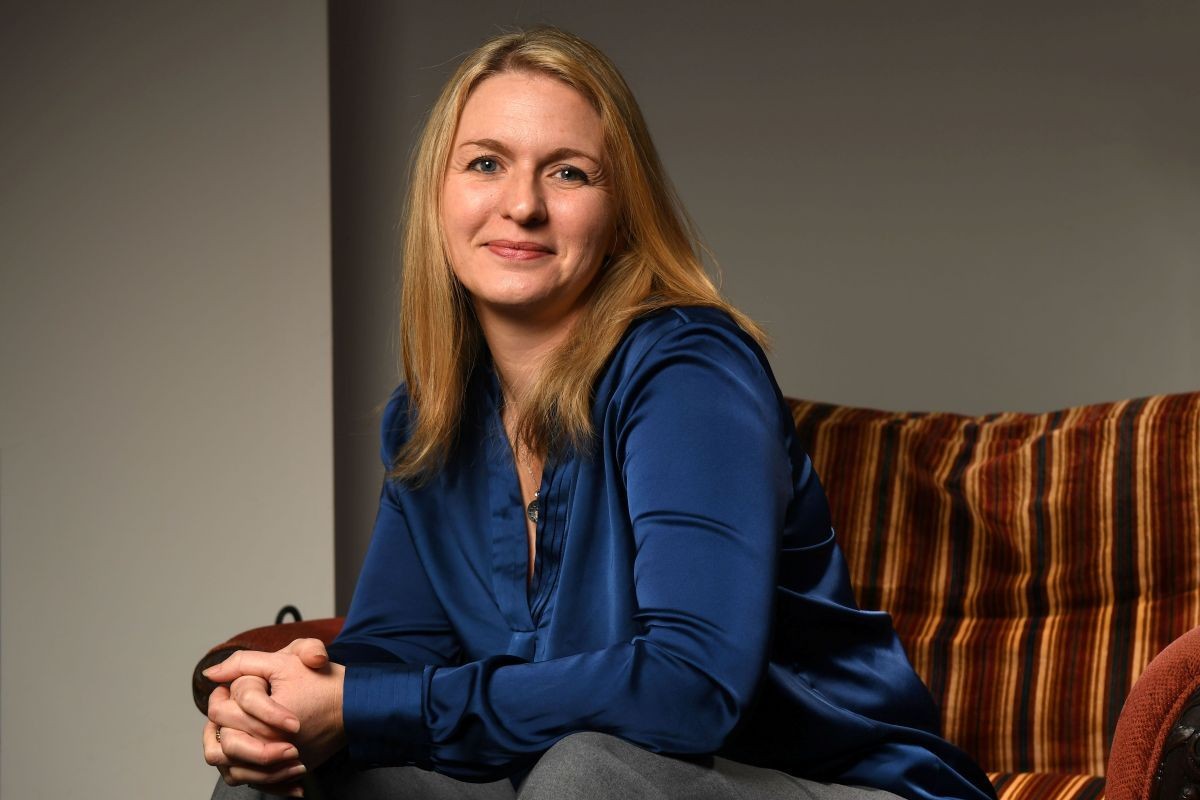
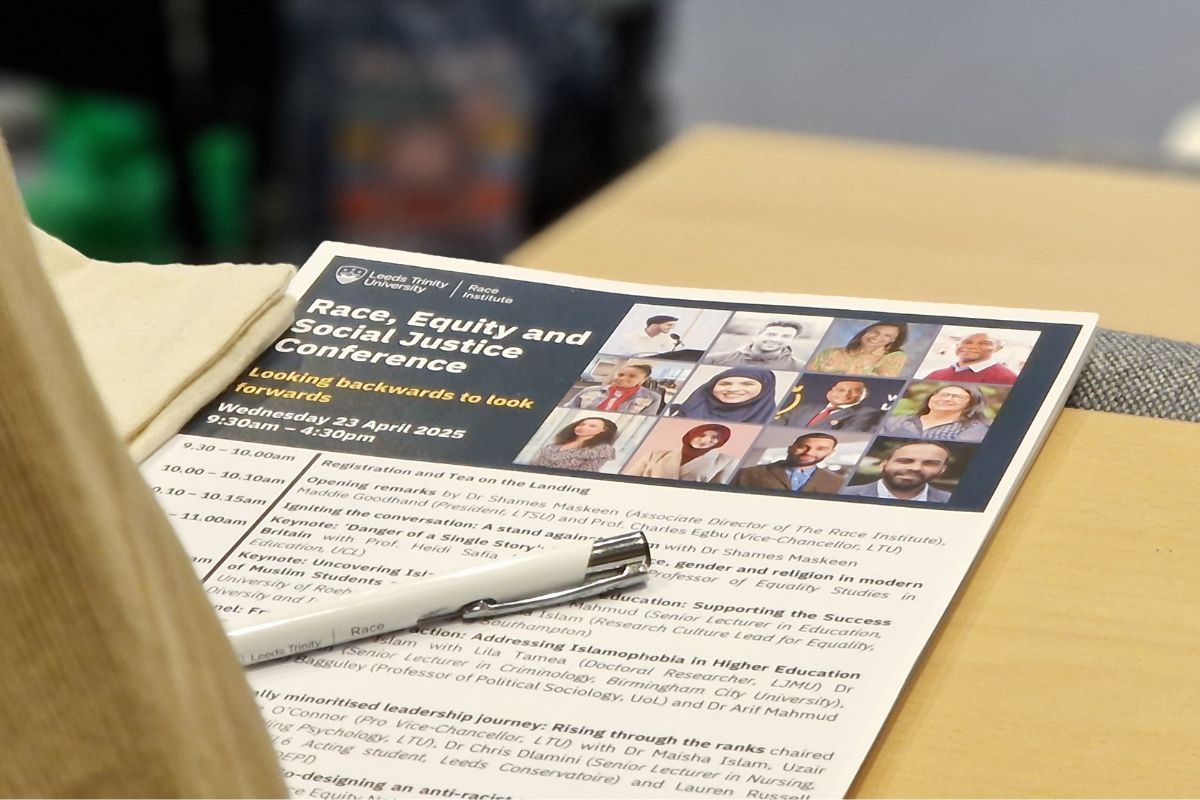

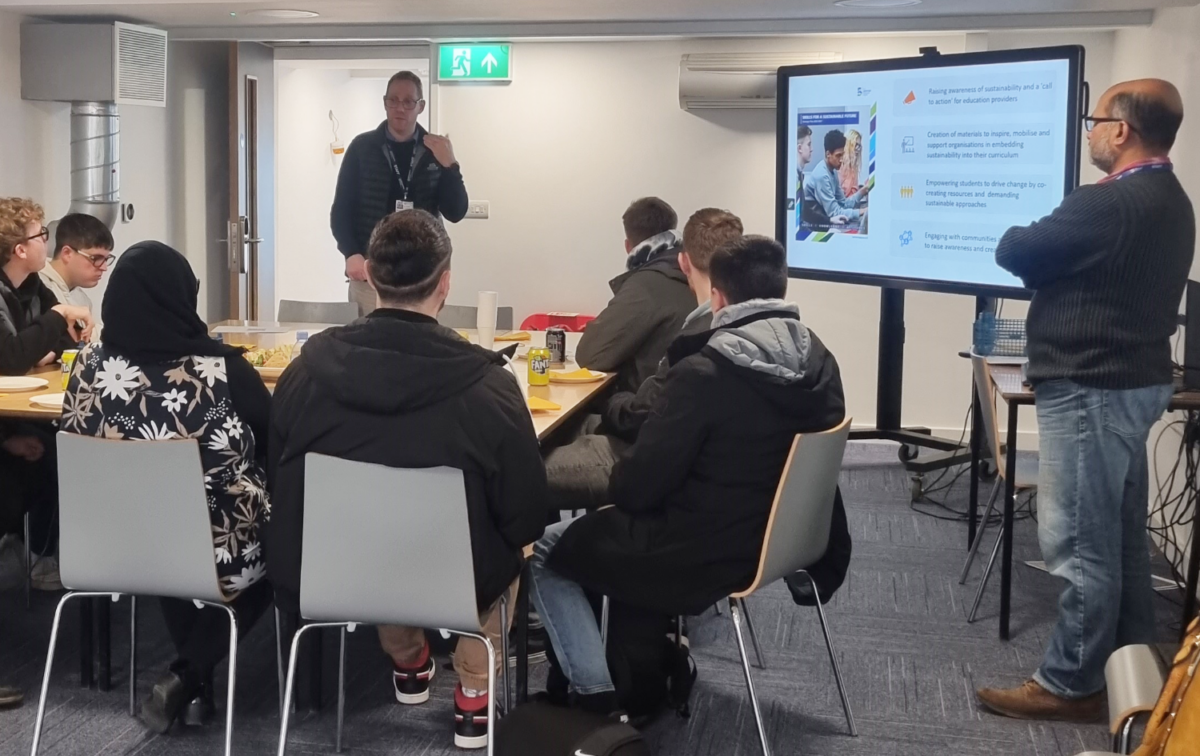
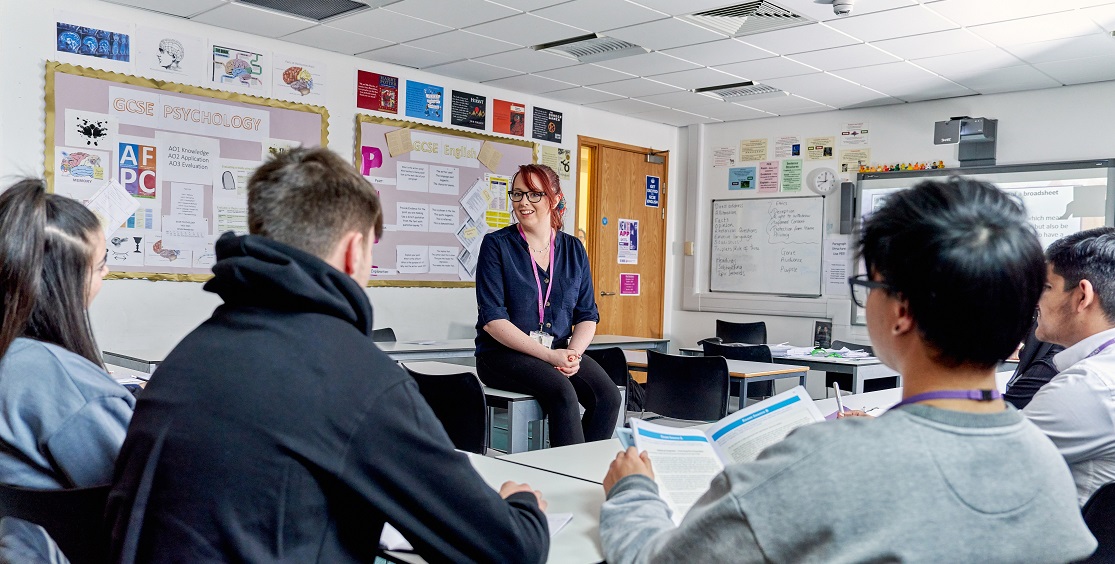

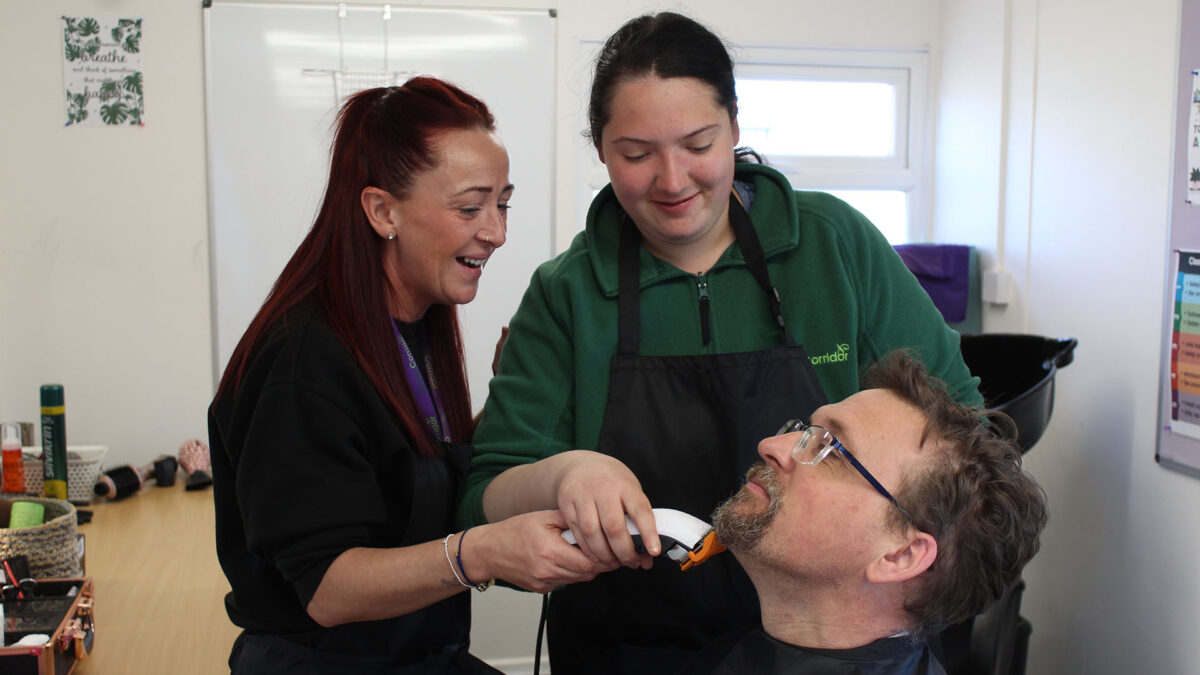


Responses